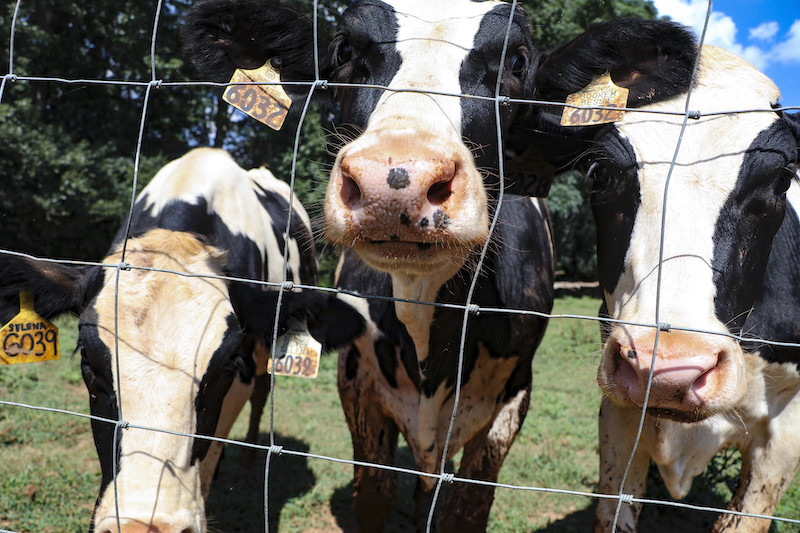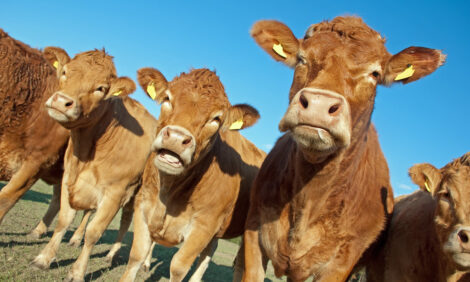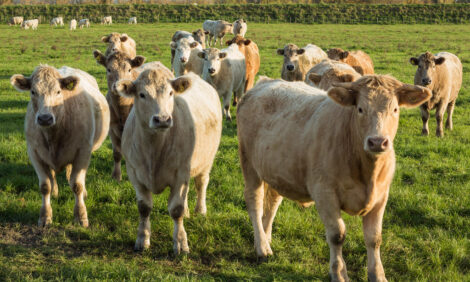



Milk self sufficiency Algerian dream
The government spends $1.3 billion a year on milk imports
Algerian dairy cattle breeder Brahim Bouaicha believes his country can end its costly milk imports if the government delivers on promises to encourage farmers, Reuters reported.
The government spends $1.3 billion a year on milk imports, yet it is often unavailable in Algerian shops, reflecting wider problems with domestic food production and distribution in the still largely state-run economy.
"We are able to improve cattle breeding. We should not import milk," Bouaicha, 58, said at the farm he runs with his brothers some 100 km west of the capital Algiers. It has 68 dairy cows.
"We can achieve self-sufficiency (in milk)," added Bouaicha, whose father began breeding dairy cattle in 1968.
With state revenues pressured by lower oil prices and output in recent years, Algeria has had to draw heavily on its foreign currency reserves to finance imports of foodstuffs including milk as well as other subsidised goods.
With a total annual bill for imported foodstuffs of $19 billion, the government is eager to increase domestic food production as it cautiously moves to reform parts of an economy long dominated by oil and gas.

The government has sketched out subsidy cuts in its latest budget, but this has yet to pass the parliament and Algeria has historically been reluctant to touch social entitlements for fear of triggering social unrest.
Meanwhile, it is considering a range of other measures, including a "strategic farming" policy that would boost domestic production via tax exemptions and other incentives to farmers.
Farmers like Bouaicha have long complained about high taxes as well as costly animal feed and bureaucratic hurdles that they say hold back production.
Bouaicha also hopes the government will lift its freeze on drilling wells imposed to preserve ground water reserves. This would help irrigation for grass and winter fodder after recent years of drought.
Agriculture Minister Abdelhamid Hamdani has said he wants to increase Algeria's dairy herd to 20,000 cows from 8,000 by 2024.
The government currently guarantees a purchase price for milk and offers bonuses for higher production rates.
Agriculture already generates 13% of Algeria's economic output and employs 2.5 million people. However, the sector is dependent on rainfall, pays workers poorly and sees little technological innovation that could stimulate further growth.
But state officials fretting over high import bills increasingly see the need for change.
"We imported oranges during Algeria's orange harvest... Are we supporting foreign farmers instead of our own?" said President Abdelmadjid Tebboune recently.
That comment struck a chord with citrus farmer Latreche Jamal.
"The government must stop (citrus) imports, we can produce enough and even export the surplus," he said. "Algeria's future is in agriculture, not oil."
Source: Reuters


